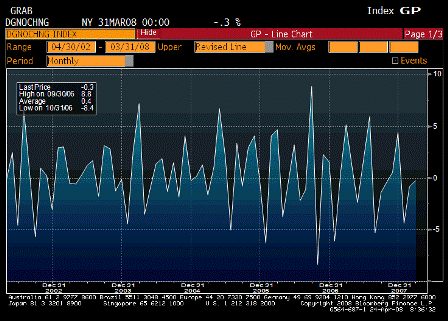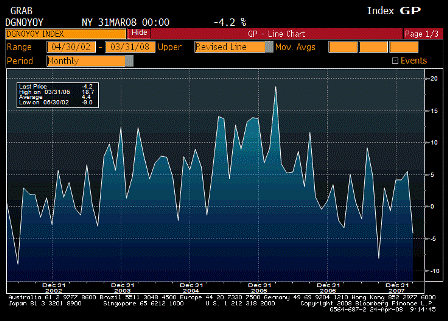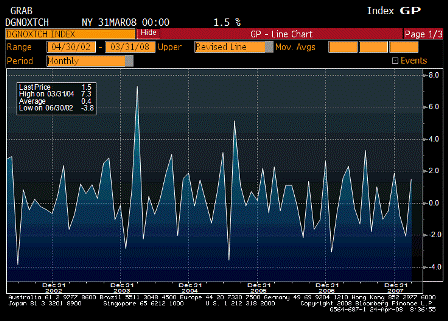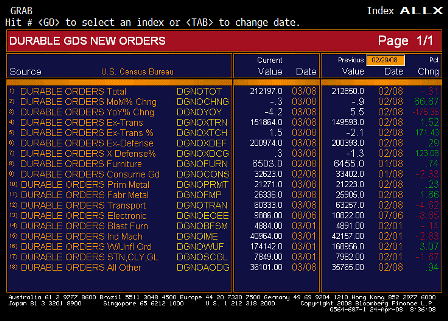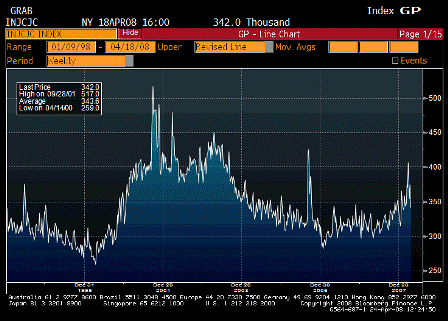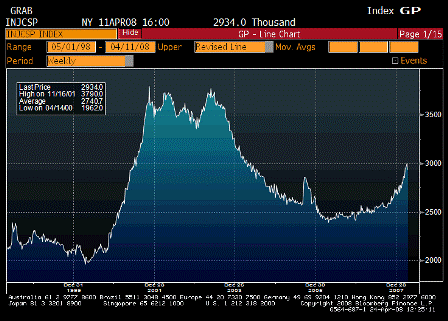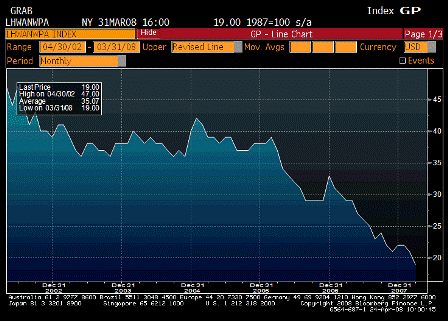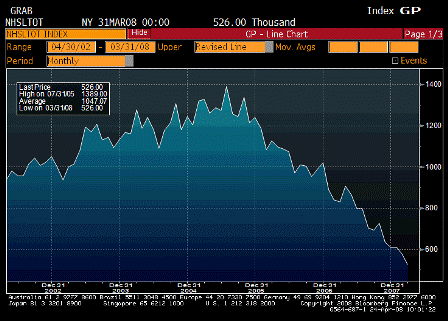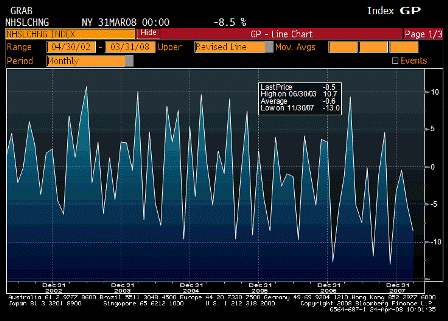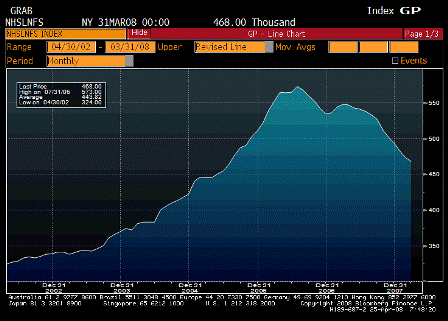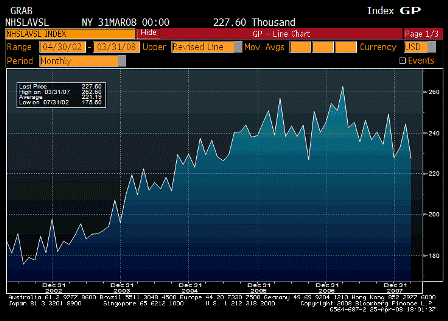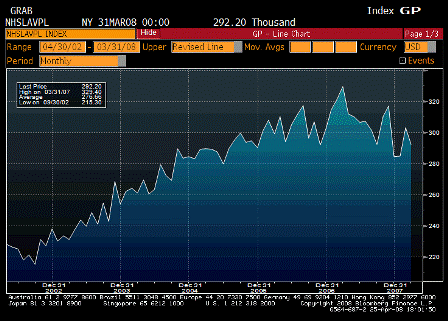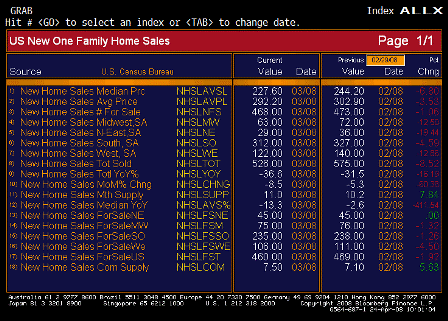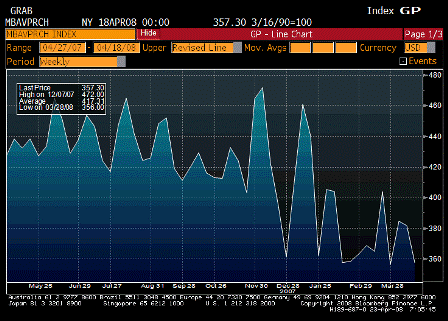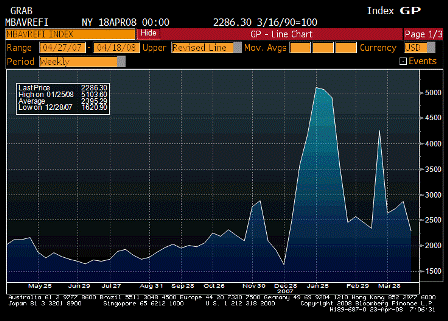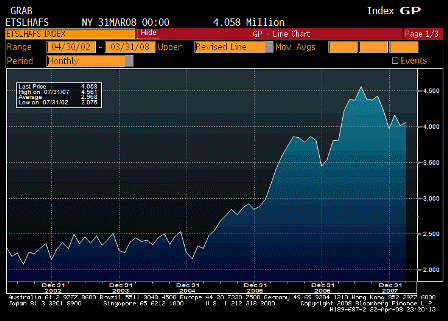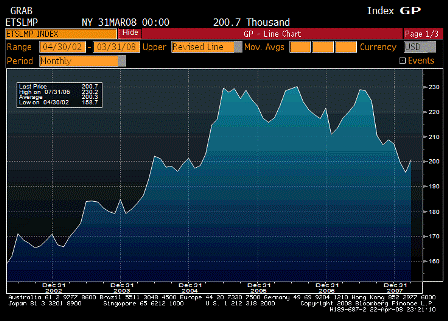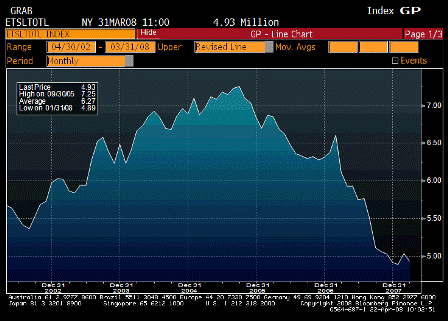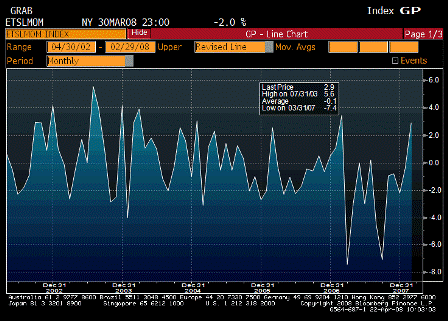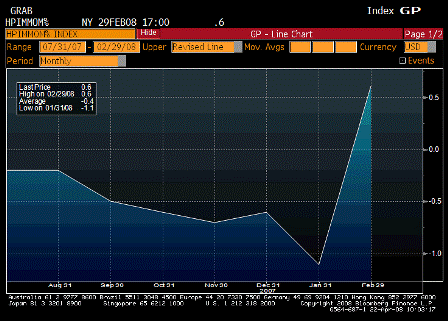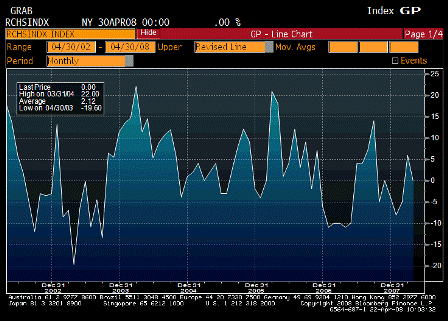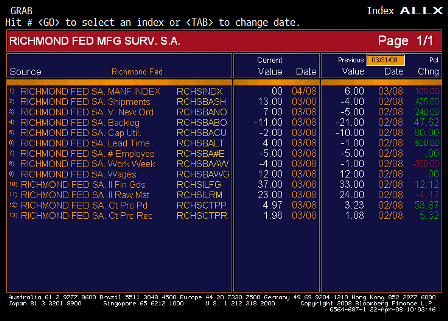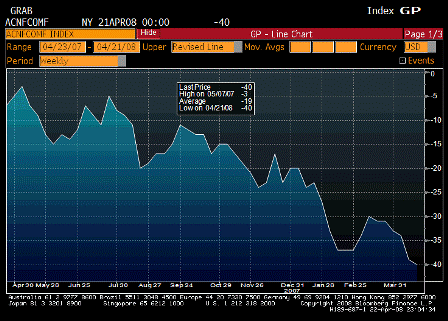Mainstream economics says:
Get inflation right and that ‘automatically’ optimizes long-term growth and employment.
Adding to demand with a negative supply shock turns a ‘relative value story’ into an ‘inflation story.’
The ECB is following mainstream theory, while the Fed is not.
why?
The Fed sees looming systemic, deflationary tail risk at the door. At least up to now.
The panic of 1907 and the early 1930s deflationary collapse (both previous examples given by the Fed) were gold standard events.
With a gold standard (and/or other fixed rate regimes) there are direct supply side constraints on the reserve currency. Interest rates are market determined, and during a credit crunch rates spike higher ‘automatically.’ Even the treasury must fund itself and faces the same supply side constraints, thereby limiting fiscal responses. This continues in today’s fixed fx currencies.
With floating fx/non-convertible currency there are inherent no direct supply side constraints on bank lending, deposit creation, and credit in general. Any constraints are on the demand side, including financial capital where constraints are also on the demand side. The CB necessarily directly sets rates, not market forces, and government spending is not constrained by taxing, borrowing, etc., hence fiscal packages are subject only to political choice.
Today’s risks are much the same as previous financial crisis type risks like 1987 and 1998, where the government and its agencies have the open option of ‘writing the check’ as desired, with inflation the price to pay, not government solvency as with fixed fx regimes.
Just like the 1970s, the Saudis are acting the swing producer and setting price and letting quantity they pump adjust. This is also necessarily the case when one is single supplier at the margin with excess capacity. The alternative of pumping flat out and hitting bids in the spot market is not a functional option for any monopolist. Only price setting is.
Russia is also a monopoly supplier at the margin and probably is also acting as a swing producer. So crude prices go to where the higher of the two set them.
Mainstream theory has not yet publicly addressed this kind of negative supply shock.
One option is to match the domestic inflation rates to the price hikes to try to avoid declining real terms of trade.
This is both politically impossible, and it can quickly lead to accelerating inflation.
We have two choices, neither particularly attractive:
- Watch our real terms of trade continue to collapse as crude prices are continuously hiked.
- Try to inflate to moderate the drop in real terms of trade.
Ironically, we will chose the later as we did in the 1970s because inflation is not a function of interest rates in the direction CBs subscribe to.
Increasing nominal rates increases inflation via the cost and demand channels.
Costs of holding inventory and investment rise with rate hikes.
Governments are net payers of interest to the non-government sectors; so, rate hikes also increase government spending on interest to support incomes in the non-government sectors.
Good luck to us!

